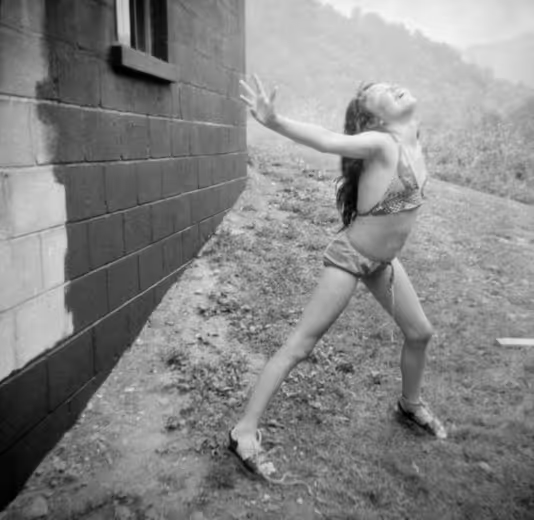Portraits and Dreams: Framing and Point of View in Self and Community Portraits Resources and Standards
Resources and Standards

Helpful Resources
“A Mountain Legacy: Children of Appalachia gain pride in their heritage and history” Essay (Teaching Tolerance, 1996)
Affrilachian Poets, Frank X. Walker (artist, poet, founder)
Appalshop
A media, arts, and education center that has been making music and art in the mountains since 1969. This group is committed to engaging Appalachian artists and voices in challenging stereotypes about Appalachia.
Critical Exposure
A non-profit, trains DC youth to harness the power of photography to advocate for educational equity and social justice. Gallery of student-made photography is accessible
“Dispelling Myths of Appalachia” Essay by Jacqueline Yahn (Teaching Tolerance. 2012)
Highlander Institute (& Highlander Research and Education Center)
Highlander Institute partners with communities to imagine and create more equitable, relevant, and effective schools. Using research, they convene, coach, and build capacity to improve outcomes and experiences for all students
Where I’m From, a poem by George Ellen Lyon, can be used as a prewriting prompt prior to self and family portraits
Window Swap
A collection of windows from around the world, might be used to deepen student’s understanding of framing.
Supplemental Readings
Ewald, Wendy, and Alexandra Lightfoot. I wanna take me a picture: Teaching photography and writing to children. Beacon Press, 2002.
Ewald, Wendy, Katherine Hyde, and Lisa Lord. Literacy and Justice through Photography: A Classroom Guide. Language & Literacy Series. Teachers College Press. 1234 Amsterdam Avenue, New York, NY 10027, 2011.
Ewald, Wendy. The best part of me: Children talk about their bodies in pictures and words. Little Brown & Company, 2002.
Kellner, Douglas, and Jeff Share. The critical media literacy guide: Engaging media and transforming education. Brill, 2019.
Kellner, Douglas and Jeff Share. The critical media literacy framework.
Standards
CCSS.ELA-LITERACY.CCRA.SL.1
Prepare for and participate effectively in a range of conversations and collaborations with diverse partners, building on others' ideas and expressing their own clearly and persuasively.
CCSS.ELA-LITERACY.CCRA.SL.2
Integrate and evaluate information presented in diverse media and formats, including visually, quantitatively, and orally.

